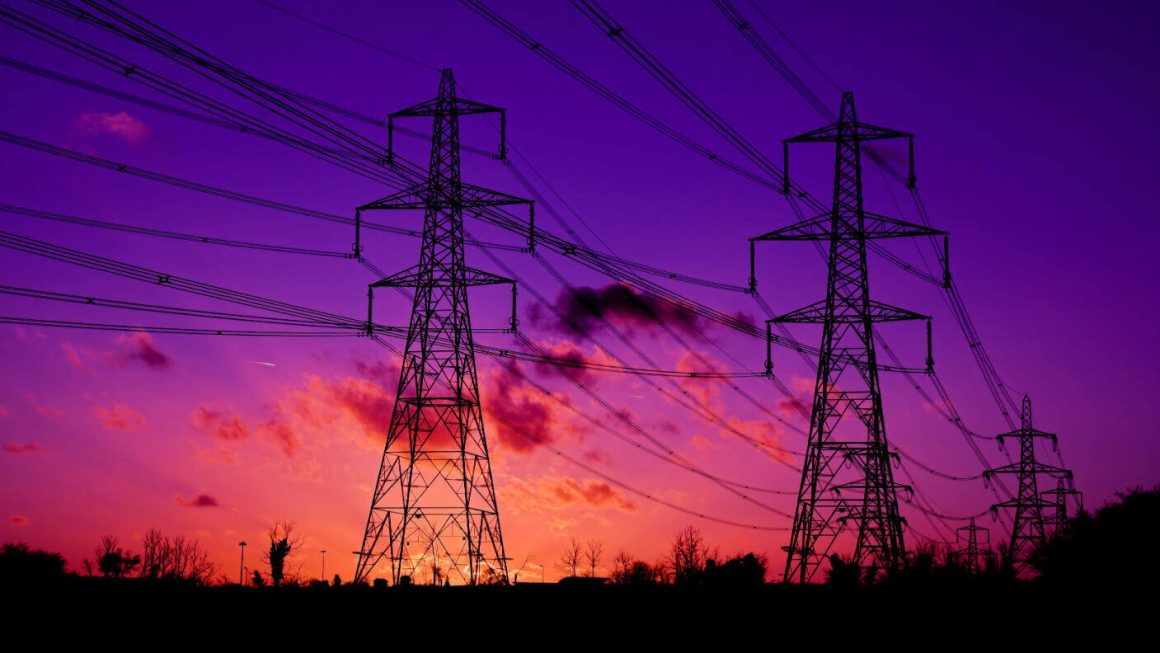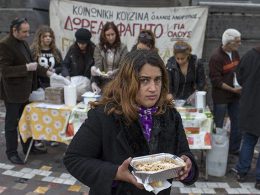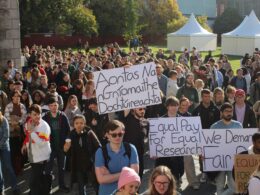By Eoin Dawson
From December 2021, Firmus energy implemented a 38% rise in the cost of gas across their “Ten Towns” network area. This follows a 35% hike in October and the previous 18% hike, earlier in 2021, meaning the company practically doubled prices in a single calendar year. The Consumer Council estimates this latest hike will see annual average bills rise by £255 – 268. This latest hike also brings Firmus’ prices in line with their only competitor, SSE Airtricity.
Firmus argue that they have been “forced” into this position while SSE Airtricity had “no alternative” as result of global gas prices. There is an element of truth in this statement, however gas suppliers shareholders and CEOs will be certain to ensure that they continue to make profit while families suffer.
Capitalist free market means higher consumer prices
Soaring gas prices have hit UK consumers harder than most. 85% of UK homes use gas central heating, and a third of UK electricity is generated from gas. In 2021, gas prices soared due to the cold winter in Europe in 2020/21. This depleted gas storage levels to much lower than normal, leading to a hike in wholesale prices. As a result there was speculation on future gas prices as well as hoarding by those with the facilities and capital to buy and store gas further increasing wholesale prices.
Delayed maintenance during the pandemic quickly followed by a spike in demand with the easing of restrictions further depleting European gas reserves to 22.9 billion cubic metres (bcm) below normal levels.
Increased demand from Asia – especially China – for liquefied natural gas also pushed up prices. Russian gas supplier Gazprom delivered more than 10 bcm of gas to China since supplies started in December 2019 via the Power of Siberia pipeline. Finally, the UK suffered from a lack of diversity in renewable power generation due to calmer than usual winds. This meant reduced output from wind turbines and the shortfall was made up by increasing the output of gas-powered power stations All of these factors have helped push up wholesale gas prices across the world. Since January, they’ve risen 250%.
Publicly owned and democratically planned energy production needed
Wholesale gas prices and customers bills may fall, however this will only ever be a temporary reprieve. According to Dr Paul Brockway of the Sustainability Research Institute, “we are swiftly reaching the point where all the easily-accessible fossil fuel sources are becoming exhausted”. If ordinary people are to heat and light their homes into the future we need to take the energy companies into public ownership and implement a massive programme of public investment to ensure well insulated houses heated by renewable energy.
To keep the economy afloat during the first 18 months of the COVID-19 pandemic, the government spent £5000 per head of population. They have spent less than £1 per head on developing renewables in the past 10 years. The future of energy generation is renewable and the politicians and bosses have demonstrated time and again their inability and unwillingness to embrace this. To deliver power and heat to people’s homes in an affordable and sustainable manner we need not only a transformation of the energy sector, but society as a whole. This will only be achieved by the struggle of ordinary people, trade unions and youth against capitalism and for a democratic, socialist society.












